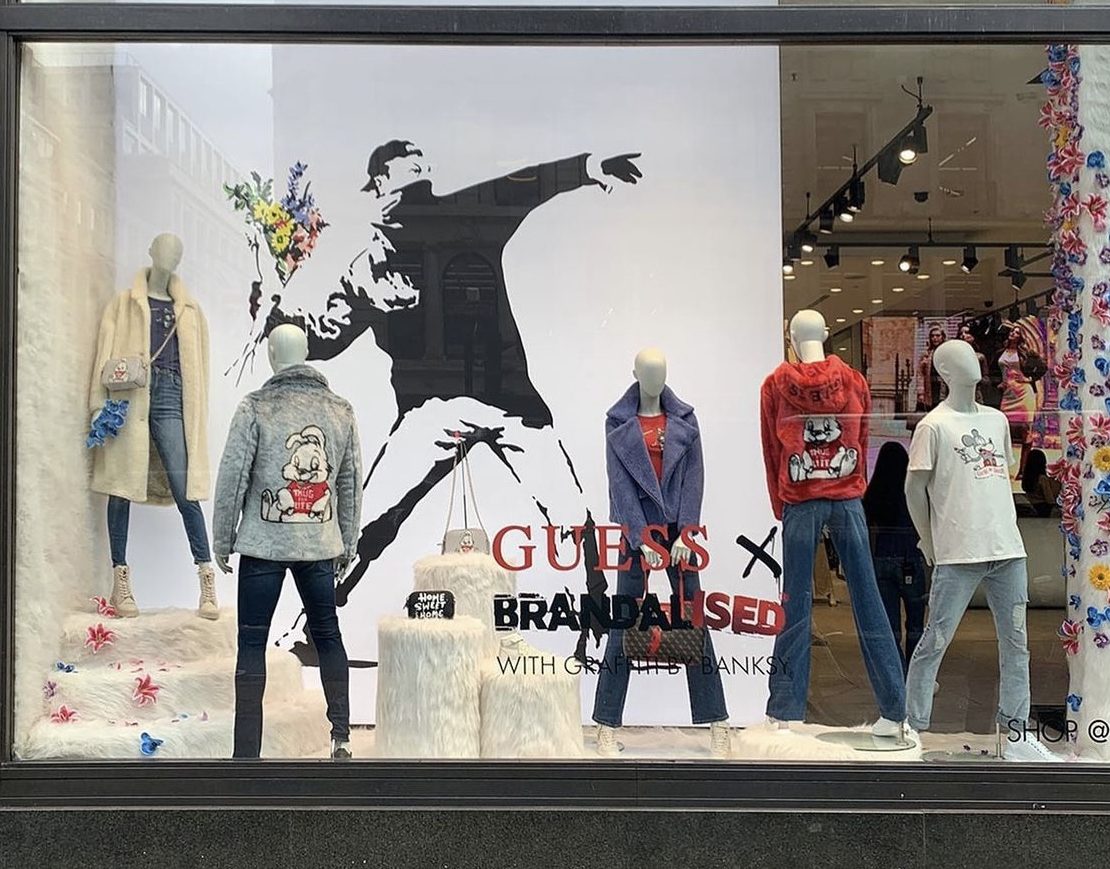There was a time where fashion designers used to produce new collections only 2-4 times annually, corresponding with the seasons. These collections were carefully designed and thoughtfully put together and were literally what fashion was meant to be: wearable pieces of art and meditative vehicles of self-expression.
But the world has changed.
Fast fashion retailers now regularly release new “collections” at incredibly low prices monthly and even weekly, enabling customers to update their wardrobes with trendy pieces as frequently as they buy groceries. Even if you put a 100 designers working over-time to keep up with this demand, there is no way the artists would be able to pump out their creative best as much as the market wants them to. Art takes time, so fast fashion companies do the next best thing: steal.
Many stories have come out over the past few years of fast-fashion brands like Shein blatantly stealing from smaller independent artists and designers. This time, the target is graffiti icon Banksy. On Friday, Banksy accused Guess of lifting their artwork for their Regent Street store in central London. The store window display featured Banksy’s Flower Thrower graffiti, and showcased a new capsule collection that was developed in collaboration with Brandalised, an urban graffiti license whose mission is to provide Banksy lovers cheap graffiti collectibles. In a supposed admission of guilt, the store took down the display after Banksy made their post.
View this post on Instagram
Like Warhol before him, Banksy catapulted as a cultural icon for redefining what street art could be. Street art is now seen as a crucial medium for political commentary after formerly being consigned to subway trains, abandoned buildings and inaccessible corners of the urban landscape. Before Banksy, no one could imagine that graffiti would become such noticeable pieces of art with incredible cultural value. The copied artwork, Flower Thrower, was created in Palestine during the height of the conflict and served as a commentary on choosing love over violence.
As an artist of the 21st century, Banksy has frequently created pieces that serve as a critique of capitalism and hyper-consumption. Many of their editioned prints: Trolleys, Barcodes, Sale Ends and Christ with Shopping Bags, to name just a few, reflect the disruption in our values induced by the excesses of always wanting more.
In fact, Banksy has also criticized fast-fashion and materialism in Sale Ends. Sale Ends portrays a group of cloaked women prostrated in front of a big, red, “SALE ENDS” sign. The women resemble the mourners frequently seen at the foot of the crucifixion in Renaissance paintings. Through this piece, Banksy draws attention to the almost holy fervour with which modern society views consumption. It is almost a laughable irony that one of America’s leading fast fashion retailers has stolen one of Banksy’s pieces.
View this post on Instagram
Established fashion designers, part-time hobbyists and independent artists have all come out in recent years with testaments to how the fashion industry moving too fast is killing creativity in our age. In fact, Shein’s unrelenting plagiarism is arduous to cover in its entirety because its almost impossible to track and fight. Designers who have had their artwork stolen by e-commerce giants like Shein and Alibaba have expressed how they feel burned out, discouraged and down-right robbed of their time and profits by companies with far more resources than them to develop ideas.
The fact that Banksy had their artwork swiped indicates the genuine rot there is in the underbelly of the fashion business. It is particularly revolting that a respected artist who is recognized for their stance against capitalism and consumerism is as vulnerable to rapacious fast-fashion retailers. Art is the antithesis of capitalistic production, which destroys creativity and bulldozes it into the ground. But when capitalism consumes art, what remains?




